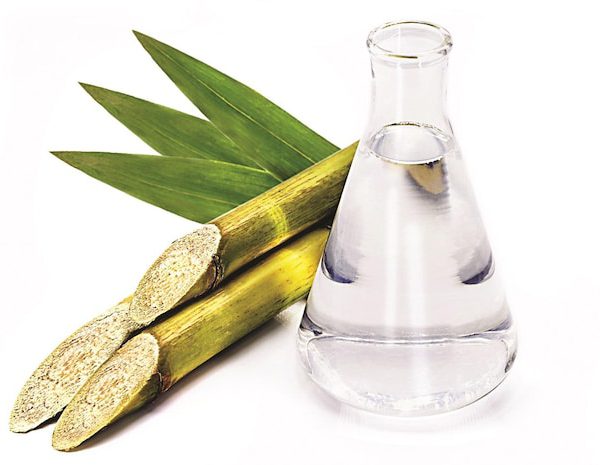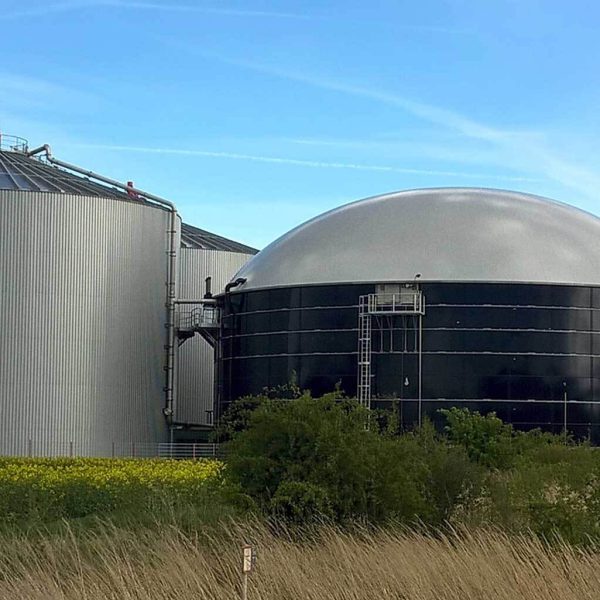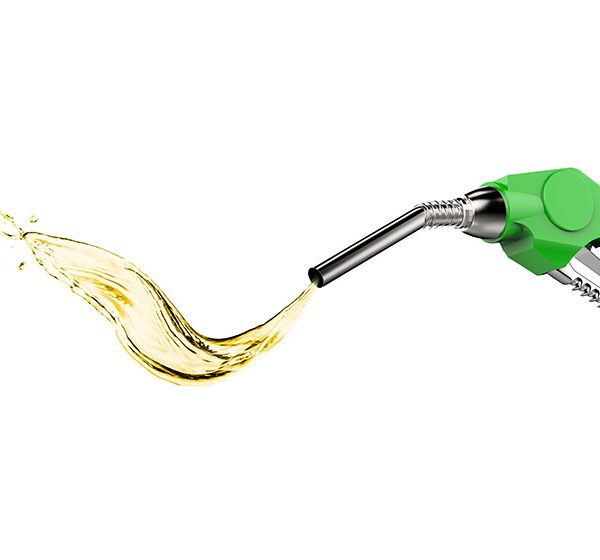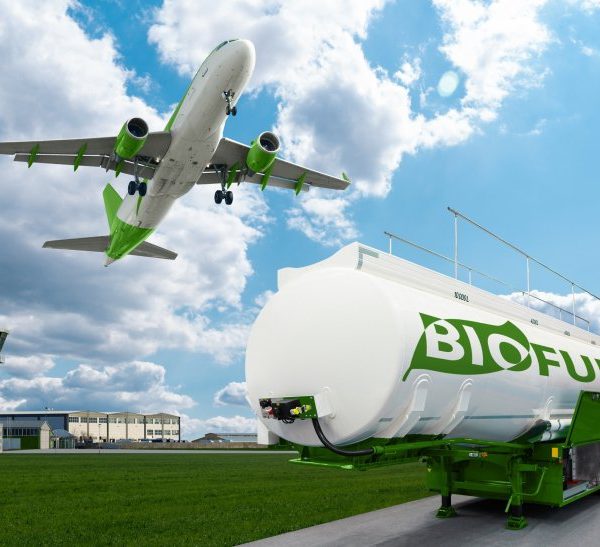Biodiesel: Fueling a Sustainable Future
Description: Biodiesel, a renewable and biodegradable liquid fuel, is produced from vegetable oils, animal fats, or waste cooking oil through a process called transesterification. It offers a cleaner alternative to traditional diesel fuel, boasting lower greenhouse gas emissions and improved air quality. While not a direct replacement, biodiesel can be blended with traditional diesel or used in unmodified diesel engines, making it a practical solution for reducing reliance on fossil fuels.
Key Source Countries: Biodiesel production is geographically diverse, with several key players contributing to the global market:
- European Union (28%): Leading producer due to strong government policies and incentives, with Germany, France, and Spain at the forefront.
- Indonesia (18%): Major producer utilizing palm oil, with plans for expansion and diversification of feedstocks.
- United States (17%): Substantial production from soybean oil, with potential for growth in advanced biofuels.
- Argentina (12%): Leading producer using soybean oil, facing challenges with export competitiveness.
- Brazil (8%): Significant producer utilizing soybean oil and sugarcane-based ethanol for biodiesel production.
World Output Volumes: Global biodiesel production reached approximately 32 million tonnes in 2022, with an expected upward trajectory driven by increasing environmental awareness and supportive policies.
Major Producers and Market Share (Excluding EU):
- Malaysia (7%): Palm oil-based biodiesel production, facing sustainability concerns and market access challenges.
- Thailand (5%): Palm oil-based production, focusing on domestic consumption and regional exports.
- Canada (4%): Canola oil-based production, aiming for expansion and innovation in feedstock options.
- Singapore (3%): Refining hub processing imported feedstocks into biodiesel for regional markets.
- Colombia (2%): Palm oil-based production, seeking diversification and sustainability improvements.
Forms of Trade: Biodiesel trades primarily in two forms:
- Physical Delivery: Transported via pipelines, tankers, and barges to storage facilities and blending terminals for further distribution to fuel stations or directly to users like transportation companies.
- Futures Contracts: Traded on international exchanges like the ICE and CME, allowing producers, refiners, and traders to manage price risks and hedge against market volatility.
Price Trends (Past 5 Years): Biodiesel prices have fluctuated considerably, influenced by feedstock costs, energy prices, and government policies:
- 2018: Prices averaged around $1.10/gallon due to oversupply and competition from traditional diesel.
- 2019: Prices rose to $1.25/gallon due to trade disputes and tightening supply.
- 2020: Prices plummeted to $0.80/gallon due to the COVID-19 pandemic and reduced demand.
- 2021: Prices surged to $1.80/gallon due to a global energy crisis and rising feedstock costs.
- 2022: Prices remained high, averaging around $1.50/gallon, with fluctuations based on global events and regional dynamics.
Major Importing Countries:
- European Union (35%): Strong commitment to renewable fuels and ambitious biofuel blending mandates drive significant imports.
- United States (20%): Growing demand for cleaner fuels and domestic production limitations necessitate imports.
- Japan (10%): Limited domestic production and reliance on imports to meet biofuel blending targets.
- South Korea (8%): Increasing demand for biodiesel to reduce emissions and enhance energy security.
- China (7%): Rising demand for renewable fuels, although domestic production is also expanding.
Major Exporting Countries (Excluding EU):
- Indonesia (25%): Major exporter of palm oil-based biodiesel, facing challenges with sustainability certification.
- Argentina (18%): Significant exporter of soybean oil-based biodiesel, striving for increased competitiveness.
- Malaysia (15%): Leading exporter of palm oil-based biodiesel, navigating sustainability concerns and market access hurdles.
- Singapore (12%): Refining hub exporting processed biodiesel from imported feedstocks.
- United States (10%): Exports some soybean oil-based biodiesel, primarily focusing on domestic consumption.
Other Important Aspects for International Traders and Buyers:
- Sustainability Certification: Growing consumer and regulatory focus on sustainability necessitates certification schemes like RSPO for palm oil-based biodiesel and others for various feedstocks.
- Feedstock Availability and Prices: Availability and price stability of feedstock oils significantly impact production costs and trade competitiveness.
- Blending Mandates and Incentives: Government policies mandating biofuel blending and offering





